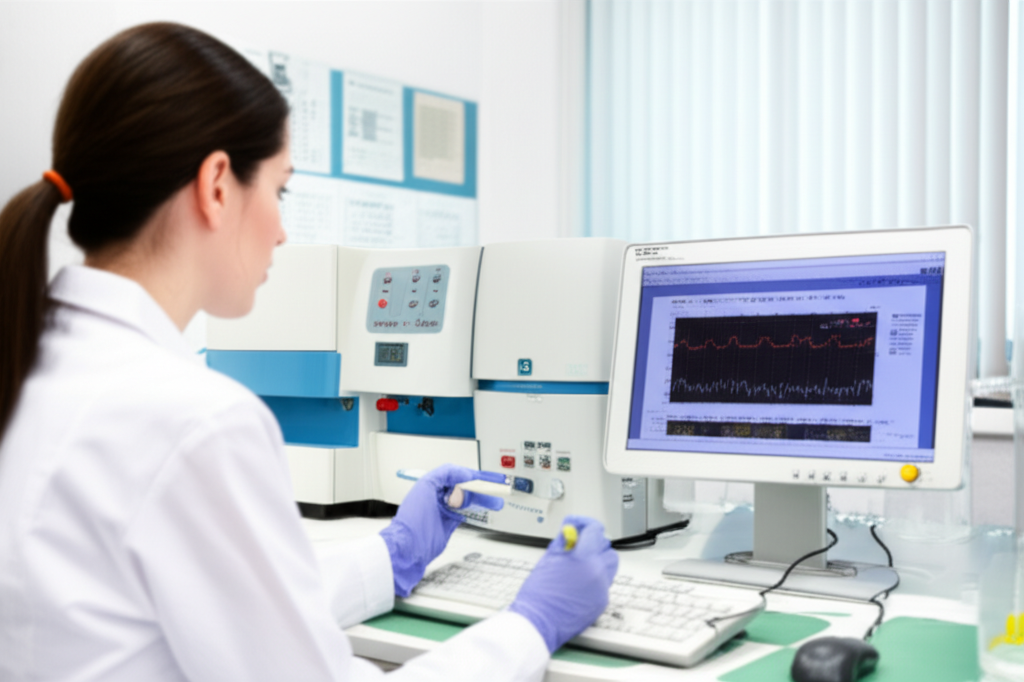Carbon Molecular Sieve (CMS) stands as a cornerstone material in modern industrial gas separation, particularly in the production of high-purity nitrogen through Pressure Swing Adsorption (PSA) technology. As an advanced non-polar carbon adsorbent, CMS exhibits a remarkable ability to selectively adsorb oxygen molecules from compressed air more readily than nitrogen molecules. This differential adsorption is the fundamental principle behind its effectiveness in enriching nitrogen streams, making it indispensable for countless industrial processes requiring an inert atmosphere or pure nitrogen gas.

The PSA process utilizing Carbon Molecular Sieves operates at ambient temperatures and relatively low pressures, offering significant advantages over traditional cryogenic distillation methods for nitrogen production. Compressed air, a mixture primarily of nitrogen (approximately 78%) and oxygen (approximately 21%), is passed through a vessel packed with CMS. Under pressure, the smaller oxygen molecules diffuse more rapidly into the microporous structure of the CMS pellets, where they are adsorbed. Nitrogen molecules, being less strongly adsorbed and diffusing slower, pass through the adsorbent bed and are collected as the product gas.
Once the adsorbent bed approaches saturation with oxygen, the pressure is reduced. This pressure drop causes the adsorbed oxygen to be released from the CMS, effectively regenerating the adsorbent material. The released waste gas, rich in oxygen, is then vented. By cycling pressure between adsorption and regeneration phases across two or more vessels packed with CMS, a continuous flow of nitrogen gas can be produced efficiently and cost-effectively.
The benefits of choosing CMS-based PSA technology are manifold. Compared to cryogenic methods, it requires significantly lower initial investment and boasts lower operating costs due to reduced energy consumption and room-temperature operation. The systems are also faster to start up, often reaching desired nitrogen purity levels within minutes. Furthermore, PSA nitrogen generators are typically more compact and modular, allowing for flexible installation and scalability based on specific nitrogen demand. The inherent simplicity and robustness of the PSA process, relying on the physical properties of CMS, contribute to high reliability and ease of maintenance.
The applications of nitrogen generated by CMS-based PSA systems are incredibly diverse and critical across numerous sectors. In the chemical industry, nitrogen is extensively used for purging reaction vessels, blanketing storage tanks to prevent oxidation or explosion, and as a carrier gas. The petroleum and gas industry utilizes nitrogen for pipeline inerting, tank blanketing, and enhanced oil recovery. The demanding environment of the electronics industry relies on high-purity nitrogen for clean room environments, soldering processes, and semiconductor manufacturing to prevent contamination and oxidation.
In the food industry, nitrogen plays a crucial role in packaging to extend shelf life by displacing oxygen, preserving freshness and preventing spoilage. Modified Atmosphere Packaging (MAP) often employs nitrogen-rich mixtures. The metal heat treatment sector uses nitrogen to create controlled atmospheres, preventing oxidation and ensuring the desired metallurgical properties of components during processes like annealing, tempering, and carburizing. Other significant applications include coal mine inerting for safety, pharmaceutical manufacturing for inerting and processing sensitive compounds, and the cable industry for preventing moisture ingress during manufacturing.
The performance and lifespan of a CMS adsorbent are dependent on several factors, including the quality of the feed air (moisture, oil, and particulate removal are essential), the operating pressure and temperature, and the cycle time of the PSA system. High-quality CMS is characterized by a uniform pore size distribution, high mechanical strength to withstand pressure cycling, and excellent adsorption/desorption kinetics. Consistent manufacturing processes are vital to ensure batch-to-batch performance reliability.
When considering Carbon Molecular Sieve for nitrogen generation, prospective users often inquire about reliable manufacturer options capable of supplying consistent quality material. Finding a reputable supplier is crucial for ensuring the performance and longevity of PSA systems. Understanding the typical price range for high-quality CMS and the factors influencing cost, such as purity, particle size, and order volume, is an important step in the procurement process. Information on how to buy or purchase CMS, including details regarding minimum order quantities and packaging options like steel drums suitable for transportation, is readily available to facilitate the acquisition process for various industrial needs.
Manufacturing Facilities






Professional Export Experience
to Global Customers

1. 20 years of R&D, manufacturing and sales experience, serving customers in 60 countries and regions around the world;
2. Own R&D laboratory, pilot platform and large-scale production workshop, which can meet the audit requirements of global customers;
3. We can satisfy customers' perfect transition from small scale lab requirements (gram level) to commercialization requirements (hundred tons level).
A: We don't have Minimum Order Quantity, exact quantity should be provided before quotation for us to calculate the exact cost.
A: We don't provide free samples due to lots of request and expensive international courier's cost, we can deduct the sample charge after commercial order placed.
A: Our payment terms: Small or sample order: T/T IN ADVANCE. Commercial order: First order should be by T/T IN ADVANCE or L/C at sight, and following orders T/T 30~90days is acceptable subject to approval of credit application.